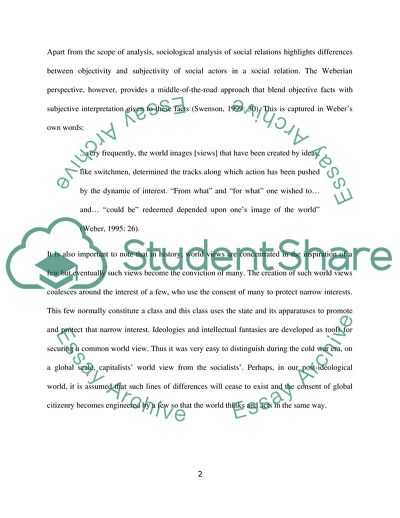Cite this document
(Two Individuals Can Never Be the Same in All Aspect of Their Lives Term Paper, n.d.)
Two Individuals Can Never Be the Same in All Aspect of Their Lives Term Paper. Retrieved from https://studentshare.org/sociology/1711321-interview-and-report-a-comparative-study-subject-is-social-analysis
Two Individuals Can Never Be the Same in All Aspect of Their Lives Term Paper. Retrieved from https://studentshare.org/sociology/1711321-interview-and-report-a-comparative-study-subject-is-social-analysis
(Two Individuals Can Never Be the Same in All Aspect of Their Lives Term Paper)
Two Individuals Can Never Be the Same in All Aspect of Their Lives Term Paper. https://studentshare.org/sociology/1711321-interview-and-report-a-comparative-study-subject-is-social-analysis.
Two Individuals Can Never Be the Same in All Aspect of Their Lives Term Paper. https://studentshare.org/sociology/1711321-interview-and-report-a-comparative-study-subject-is-social-analysis.
“Two Individuals Can Never Be the Same in All Aspect of Their Lives Term Paper”, n.d. https://studentshare.org/sociology/1711321-interview-and-report-a-comparative-study-subject-is-social-analysis.


